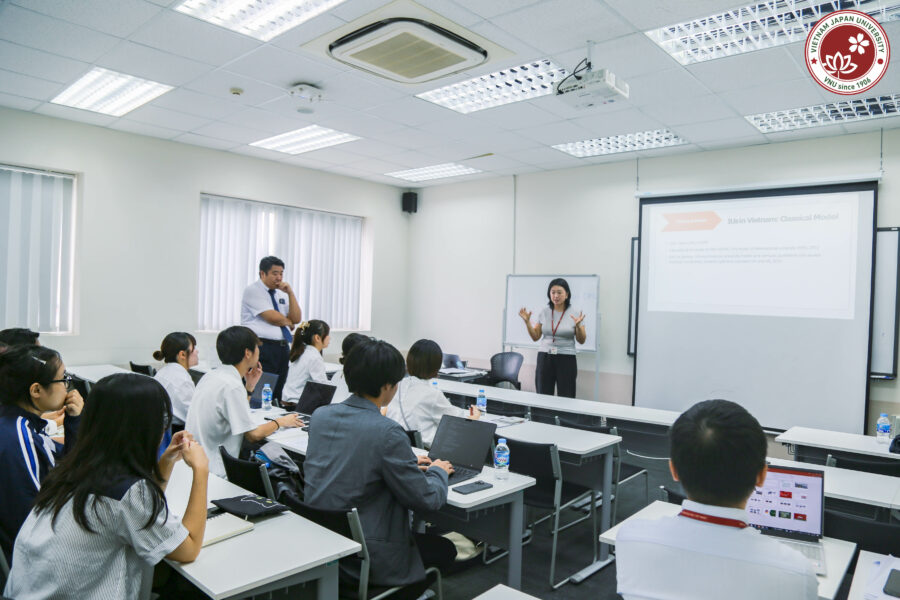1. People’s Committee of Moc Chau District
On 10th March 2022, MPP lecturers and 5th intake students visited the People’s Committee of Moc Chau District, Son La Province and had a discussion with the local authorities about the socio-economic situation in the district. Representatives of the district-level government attending the session were Ms. Nguyen Thi Hoa – vice chairwoman of the People’s Committee, and representatives from the finance department and culture department.

Figure 1. Ms. Nguyen Thuy Anh, MPP lecturer introduced the MPP program and the field trip’s goals

Figure 2. Ms. Nguyen Thi Hoa introduced the overview of socio-economic developments in Moc Chau in 2021
Ms. Nguyen Thi Hoa kindly presented an overview of the socio-economic developments in Moc Chau District in 2021, some of the economic boosting programs that are being implemented, including tourism development strategies, and achievements in improving the business environment and the competitiveness of local enterprises.
Moc Chau has a large area with a relatively high altitude, so it maintains a cool temperate climate, which is also a natural factor for agricultural and tourism development. In terms of agriculture, Moc Chau district has spent the last year focusing on growing high-quality vegetables and flowers, maintaining VietGap standards to supply large supermarket chains in Hanoi and neighboring provinces, and growing a variety of fruits to export to international markets such as China, Taiwan, and Pakistan. In addition, the soil and climate conditions in Moc Chau are ideal for tea crops. Approximately 95% of processed tea products from Moc Chau are exported, primarily to Taiwan and countries in Eastern Europe. Furthermore, dairy farming is a developed agricultural sector with Moc Chau dairy products available in over 50 provinces and cities across the country.
Moc Chau, with its cool climate and beautiful natural landscape, is also a popular tourist destination among Vietnam’s northern locaties. The Moc Chau district government has many interesting and dynamic initiatives to attract tourists in order to promote tourism. The first initiative is the organization of events and festivals such as the International Marathon, Hot Air Balloon Festival, Tea Festival, Fruit Picking Festival, and so on. These events take place throughout the year, making Moc Chau a tourist attraction all year long. Second, the local government has actively promoted the image of Moc Chau in the mass media through articles, reportages, and even background photos in various programs. This piques the audience’s interest in Moc Chau, even though it is not the time of any festival.
Aside from favorable climate conditions, Moc Chau also faces challenges in terms of security and social order due to its 43 km long border with Laos, making the district one of the locations for drug transportation from the Golden Triangle into Vietnam. The population in Moc Chau consists of 12 different ethnic groups, so it is more difficult to propagate and eliminate drug trafficking. However, with the determination of local authorities, security and order have been maintained and many drug trafficking cases have been dismantled. Local leaders believe that social security is not guaranteed because the people are poor and lack a source of income. Therefore, many poverty reduction initiatives have been implemented, resulting in very positive changes. According to Ms. Nguyen Thi Hoa, the initiatives from Moc Chau have been highly appreciated by the provincial leaders and are currently being implemented in neighboring districts. Regarding development orientation, Moc Chau authority determines to focus on developing high-tech applied agriculture, organic agriculture and tourism products based on local identity such as agricultural and cultural experience tourism.
Ms. Hoa’s introduction was followed by the Q&A session. Students and lecturers raised a lot of questions related to tourism development policy, land policy and urban planning in accordance with tourism orientation to experience indigenous culture. Ms. Dinh Thi Huong, Head of the District Culture Office, clarified the legal frameworks governing urban planning, tourism and shared about some government-approved projects that were about to be implemented in the area. At present, important policy documents for tourism development in Moc Chau still have many shortcomings and are in the process of consulting and amending. The local government also cooperates with an international program named GREAT (Gender Responsive Equitable Agriculture and Tourism) to develop community-based tourism, and GREAT is also one of the key facilitators in the process of developing new policies on local tourism.

Figure 3. Ms. Dinh Thi Huong answered questions about the local legal frameworks for tourism development.
In general, the government of Moc Chau district has a number of specific policies in place to improve the socioeconomic situation in their community. These policies are well quantified with clear performance criteria, allowing for a precise and fast assessment of policy impact and effectiveness.

Figure 4. MPP students and lecturers with Moc Chau government representatives
2. Chimi Farm Moc Chau
Established in 2015, Chimi Farm is a start-up business in the field of agriculture combined with experiential tourism services in Moc Chau. The main crops at Chimi Farm are strawberries and some other unique crops: grapes, cherries, blackberries, cherry tomatoes, bell peppers, giant squash.

Figure 5. MPP delegates visit Chimi Farm
Discussing with Mr. Dao Trong Hung, founder and vice director of Chimi, we realized the farm’s difficulty in mobilizing financial resources because Chimi is only a small and medium-sized enterprise, not a big project of conglomerates. This raises a question about the government support policy for agriculture SMEs in Moc Chau. Even though Chimi farm is considered a micro-enterprise, therefore it is less affected by the challenges of the economy due to its ability to easily adapt to different situations.

Figure 6. Discussing with leader of Chimi Farm and tasting their products
During the visit to Chimi Farm, we also found out the advantage of Moc Chau. According to the local resident, Moc Chau is a favorable place for planting various kinds of fruits because the district has a great natural condition for farming. Other than that, due to the terrain is fragmentation due to high altitude, Moc Chau agriculture products have different harvest times depending on each area. This could lead to a more stable, consistent agriculture production here in Moc Chau.
3. Ta So Community Tourism Village
In the afternoon of 11 March 2022, the MPP delegation visited Ta So village. Ta So village can be described as a hidden gem in the clouds. The village is isolated and unique, keeping its traditional lifestyle intact. The people live a quiet and simple life while enjoying nature free from pollution. Life in Ta So is peaceful, breathtaking scenery and the weather is cool, ideal for a getaway from noisy city life.
Ms. Dinh Thi Huong – manager of Ta So development project gave a lecture about the recent tourism activities in Ta So village. We were able to visit a few tourist attractions in the Ta So village from 2 pm to 5 pm.


Figure 8. Picture of MPP students, lecturers, and staff in the fieldtrip to Ta So
The field trip in Ta So has provided the students with various experiences and knowledge in tourism activities and how the provincial People’s Committee supported the tourism industry here.
Staffs of the Culture and Information Department propagated, guided, and mobilize indigenous people to participate in promoting cultural values in a harmonious manner; develop products of traditional costumes, cultural activities, folk games of the nation into tourism products and activities suitable to the locality. They guided and taught people how to develop tourism and organize related activities.
They guided people on how to protect the environment, landscape, develop tourism in the direction of green, clean, beautiful, and sustainable.
At the same time, they also propagated people not to sell land indiscriminately, keep the land and develop to ensure livelihood. Preventing speculation on land and causing instability in local property prices.




